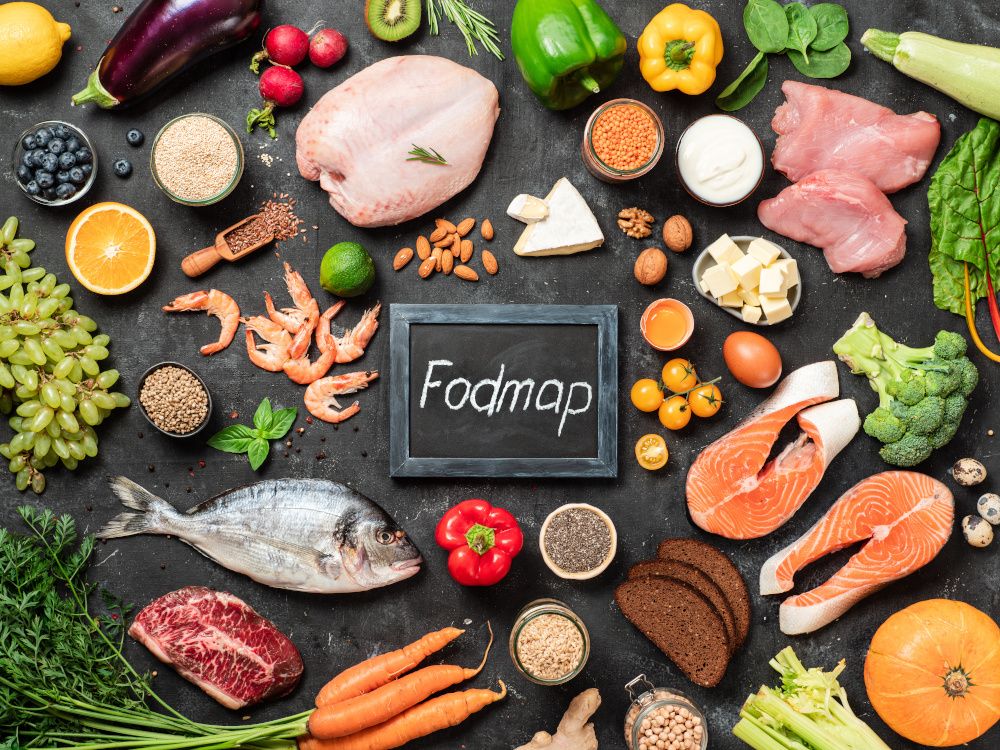Inulinase enzyme supplementation may counter digestive distress associated with consuming fructans from plant-based and FODMAP diets, study finds
Bio-Cat announced publication of a new preclinical study that found that supplementation with an enzyme called inulinase can help address negative gut symptoms associated with consuming one kind of FODMAP in particular: fructans.
Many of today’s trending diets—including plant-based, Mediterranean, and high-fiber diets—are rich in fermentable carbohydrates that the human gut may have trouble digesting. These fibers, or FODMAPs—which stands for “fermentable oligo-, di-, monosaccharides and polyols”—can ferment in the human gut, causing gas and resulting in abdominal bloating, cramping, and flatulence. Ingredient supplier Bio-Cat (Troy, VA) has announced publication of a new preclinical study that found that supplementation with an enzyme called inulinase could help address negative gut symptoms associated with consuming one kind of FODMAP in particular: fructans.1
“While FODMAPs include a broad range of carbohydrates, it is the fructans and galactans [or galactooligosaccharides (GOS)] that are particularly aggravating with respect to food intolerance,” the study’s researchers, who are employees of Bio-Cat, write. They go on to explain that dietary strategies aiming to minimize the impact of FODMAPs have so far included eating low-FODMAP diets and/or processing ingredients and foods to lower their FODMAP content. They point out, however, that such approaches can involve more expensive foods as well as limited access to low-FODMAP foods in social settings.
The third option, the researchers state, would be using enzyme supplements to help the body process the FODMAPs in foods in order to alleviate negative digestive effects. “Supplemental enzymes have the potential to reduce FODMAP burden through enhanced gastric and intestinal digestion without restricting healthy, fiber-rich food choices,” they state.
In their study, which Bio-Cat funded, the researchers focused on one category of FODMAPs: fructans. (Other FODMAPs include lactose, found in dairy products, and galactans, found in legumes.) Fructans like inulin are found in certain fruits and vegetables. According to Bio-Cat, some research has shown that consuming fructans like inulin can lead to gut inflammation.
The researchers looked at whether supplementing with the enzyme inulinase may help break down fructans that the human gut enzymes would otherwise not naturally hydrolyze. “The R&D team at Bio-Cat, an industry leader in digestive health specializing in enzymes and probiotics, hypothesized that microbial inulinase supplementation can promote dietary fructan digestion in the stomach into fructose that can be absorbed by the upper intestine, rather than fermenting in the lower intestine, leading to digestive symptoms,” the company’s press release states.
In the preclinical study, the researches applied inulinase to high-FODMAP samples of either inulin, garlic, or foods containing inulin or garlic. They used a model of static simulation of digestion in the gastrointestinal system that was adapted from the INFOGEST model. Based on what they saw, they determined that inulinase supplementation may help “break down dietary fiber and reduce dietary FODMAP exposure.” They recommended advancing to safety, tolerability, and efficacy trials in humans.
Bio-Cat says it has now initiated a clinical trial (ClinicalTrials.gov Identifier NCT05744700) “to determine the safety and tolerability of high-dose microbial inulinase supplementation.”
In the press release, Sean Garvey, PhD, one of the study researchers and director of enzyme research and development at Bio-Cat, stated, “Currently, there are consumer products available on the market promoting the digestion of lactose and galactans; however, there remains an opportunity for improving digestion of fructans found in vegetables like onion and garlic.”
Reference
- Guice, J.L.; Hollins, M.D.; Farmar, J.G.; Tinker, K.M.; Garvey, S.M. Microbial Inulinase Promotes Fructan Hydrolysis Under Simulated Gastric Conditions. Front Nutr. 2023, 10. DOI: 10.3389/fnut.2023.1129329











